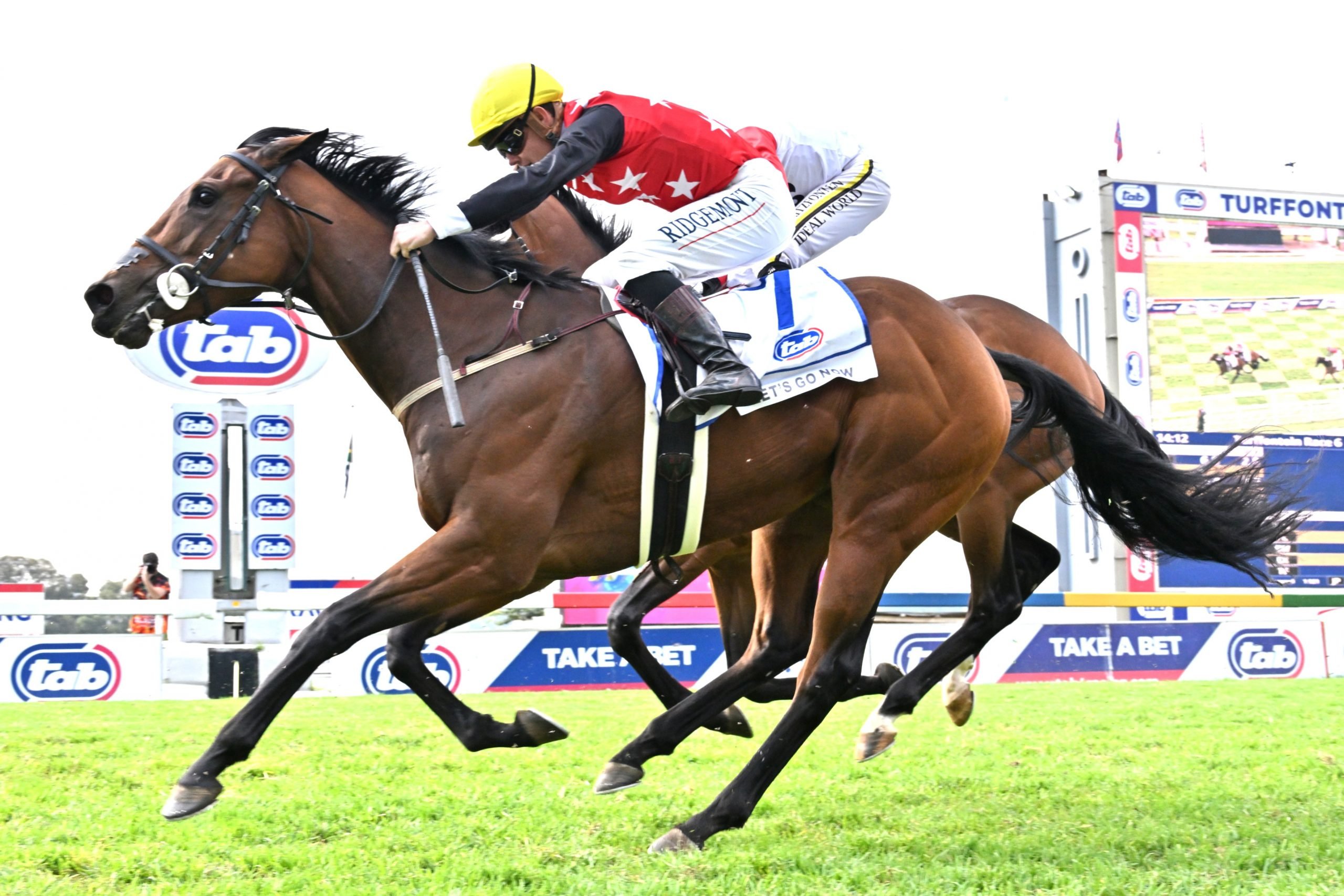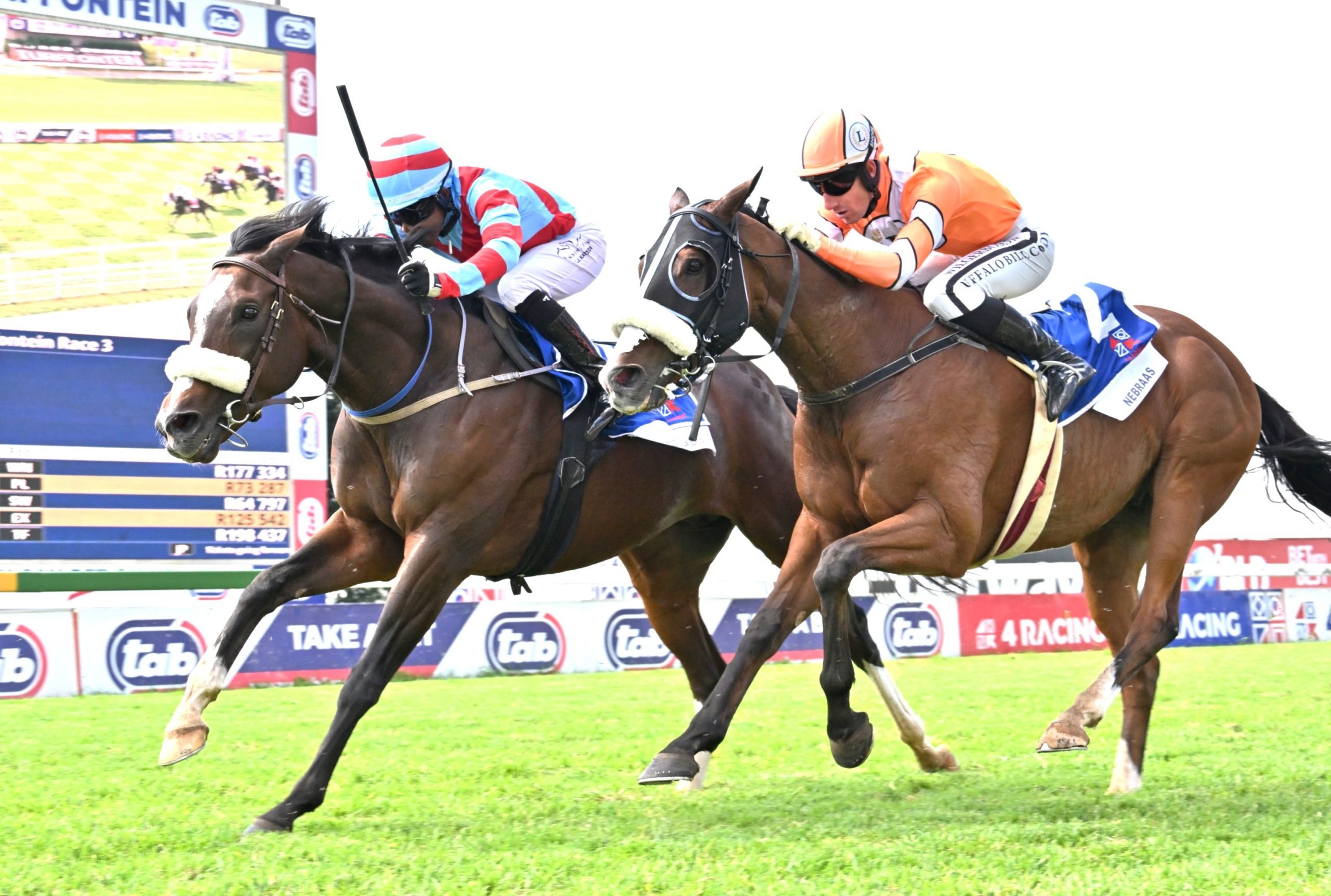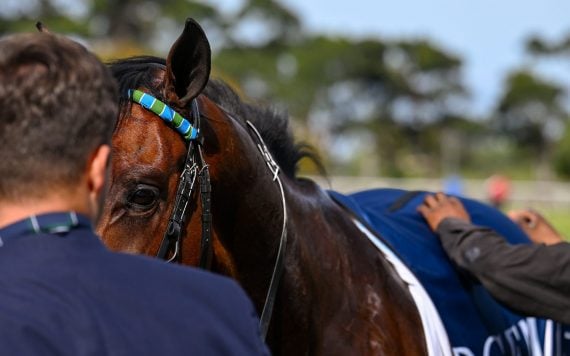‘If you can measure it you can manage it’ – Forbes.com
I’m coming to the end of my time in the UK and arriving as I did, smack in the middle of the Olympics, has made for an interesting trip. The energy and enthusiasm have been palpable with absolutely everyone getting behind the world’s greatest sporting event. No matter where you went, there has been a uniform enthusiasm for all things Olympic and with an unprecedented medal haul, a massive surge in national pride.
One of the many things I enjoy about the English is the fact that they are pretty organized about things. They like to examine things and find out how and why they work (or don’t work). They like to measure and define things. As per my introductory slogan, it’s probably why they have such a good grip on logistics and how so many people manage to rub along relatively comfortably on this tiny island. It is also very useful for column writers!
Some stats
Great Britain has a population of a little over 60 million. The BHS website says that around 6% of the population have ridden at least once in the past 12 months and around 2.4 million people in the UK ride on a regular basis. Around 73% of enthusiasts are female. 25% of all British riders are under the age of 16 and around 20% are over the age of 45. The estimated horse population in Britain is estimated to be just under 1 million, which with my basic maths, means that around 1 person out of every 60 in the UK, owns a horse.
Don’t worry – there were some racing stats too! Apparently over 6 million people went to the races in 2011, it is estimated that the racing industry is worth around £3.7 billion a year, generates £325 million in tax and around £10 billion is spent on betting on horse racing annually.
It would be interesting to compare these with statistics for South Africa.
Massive Coverage
Equestrian sport has always been popular in the UK, but despite enjoying a fair amount of international success, it has not had much mainstream media coverage. Fortunately, all that seems set to change.
TV coverage of the 2012 Olympic equestrian disciplines alone is estimated at around four billion viewers and with medals in three equestrian events, interest is at an all time high.
Of course, having the Queen’s granddaughter was a massive draw card in the eventing. Show jumping is generally considered the most exciting discipline and the British tabloids went to town about ‘iron man’ team gold medalist Nick Skelton (who has broken his neck, had 2 knee ops, a hip replacement and is currently awaiting back surgery).
But interestingly, it was the dressage that seems to have generated the most interest. I tend to be the designated horse person at normal (ie non horsey) social gatherings and much like someone with a death in the family, people tend to say hello, make brief small talk and then scuttle off before the subject comes up. However, lately I have been amazed at how many people are suddenly keen to chat about it. Conversations usually go along the lines of ‘I was watching some of the Olympics and the horse stuff came on – it was actually quite good! (insert an internal sigh and eyeroll). Me: Oh really? Friend: Yes! The horses danced! I had no idea they could do things like that. It was beautiful! One girl had actually had a look at a programme and with the reverence of the newly converted solemnly told me that ‘a lot of the horses are quite closely related you know.’ She even got the names right. Well, close enough anyway.
It has been fascinating to see how quickly and apparently easily equestrian sport has slipped back into the mainstream.
So Now What?
The £500 million of Lottery funding poured into the Olympic initiative over the last 4 years has paid rich dividends and the equestrian sports benefitted too, adding 5 medals to the national haul, but with Olympic souvenir brochures yellowing on the shelves, the athletes on to their next events and the rain clouds taking up their usual stations above Blighty, the question on everyone’s lips has been ‘what do we do now?’. Everyone is in agreement that the Olympics have left a legacy of infrastructure (obviously), but more importantly, this incredible enthusiasm, and there is a pressing urge for the nation to capitalize on it.
Presenting Power
A lot of the horsey public bemoaned the fact that Clare Balding was not used more widely for the Olympic equestrian events (her talents seemed oddly wasted at the aquatic centre), but with Clare widely acclaimed for her Olympic presenting (and well on her way to becoming a national treasure) her recent appointment as the new face of Channel 4 racing from next January, is something of a coup. The broadcaster recently secured a deal giving them exclusive rights to all terrestrial racing coverage for the next 4 years and reportedly have plans to expand the profile of jockeys, trainers and horses.
What has this got to do with us?
I think that it has been an interesting case study. Despite being a relatively successful sport (as per the BHS stats), equestrian sports have suffered a low mainstream profile in the UK. The South African racing industry has a massive impact on the economy in terms of employment, value to the agricultural sector and of course our incredible success on the international stage. And yet, despite all this, our mainstream media ‘footprint’ remains small. I don’t know whether it is because of our elitist “Sport of Kings” image or whether we’re just an inherently modest bunch, but we don’t tend to acknowledge or celebrate ourselves very much. Which is crazy, because we have some of the best horses, riders, trainers, breeders (and probably punters!) in the world. We just need to figure out how to capitalize on it a little more.
Our horses are, and have always been, the centrifugal force around which our industry (and our lives!) revolve. You can have as many trophies, medals and championships as you like, but I maintain that the majesty and the magic are missing without the horse.
Correction – I erroneously listed Jackson Nkompela as the recipient of the Plaaswerker van die Jaar award at the recent Cape Awards. The award winner was Peet Volmink. My apologies to Veronica Foulkes and Peet Volmink.








